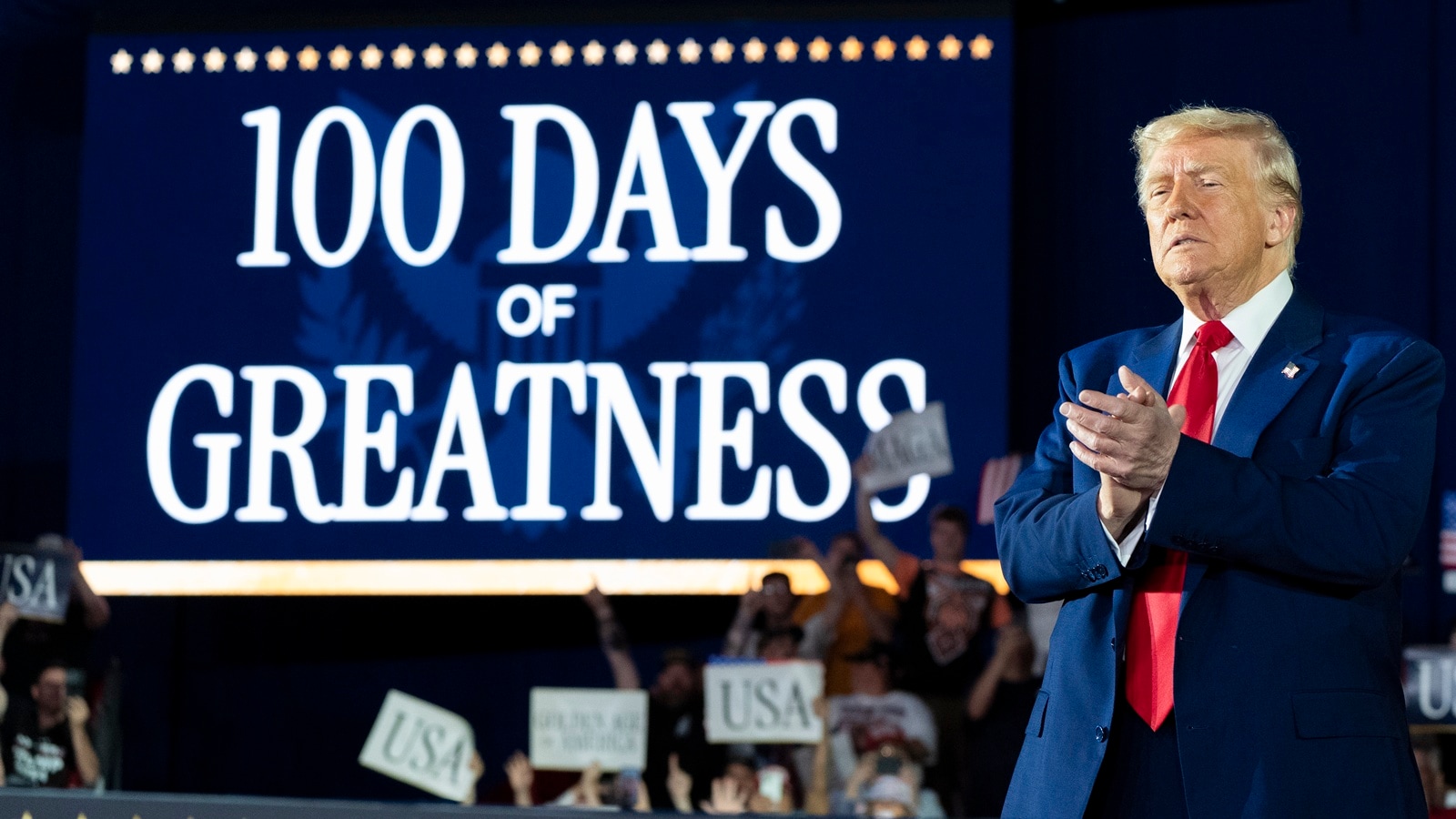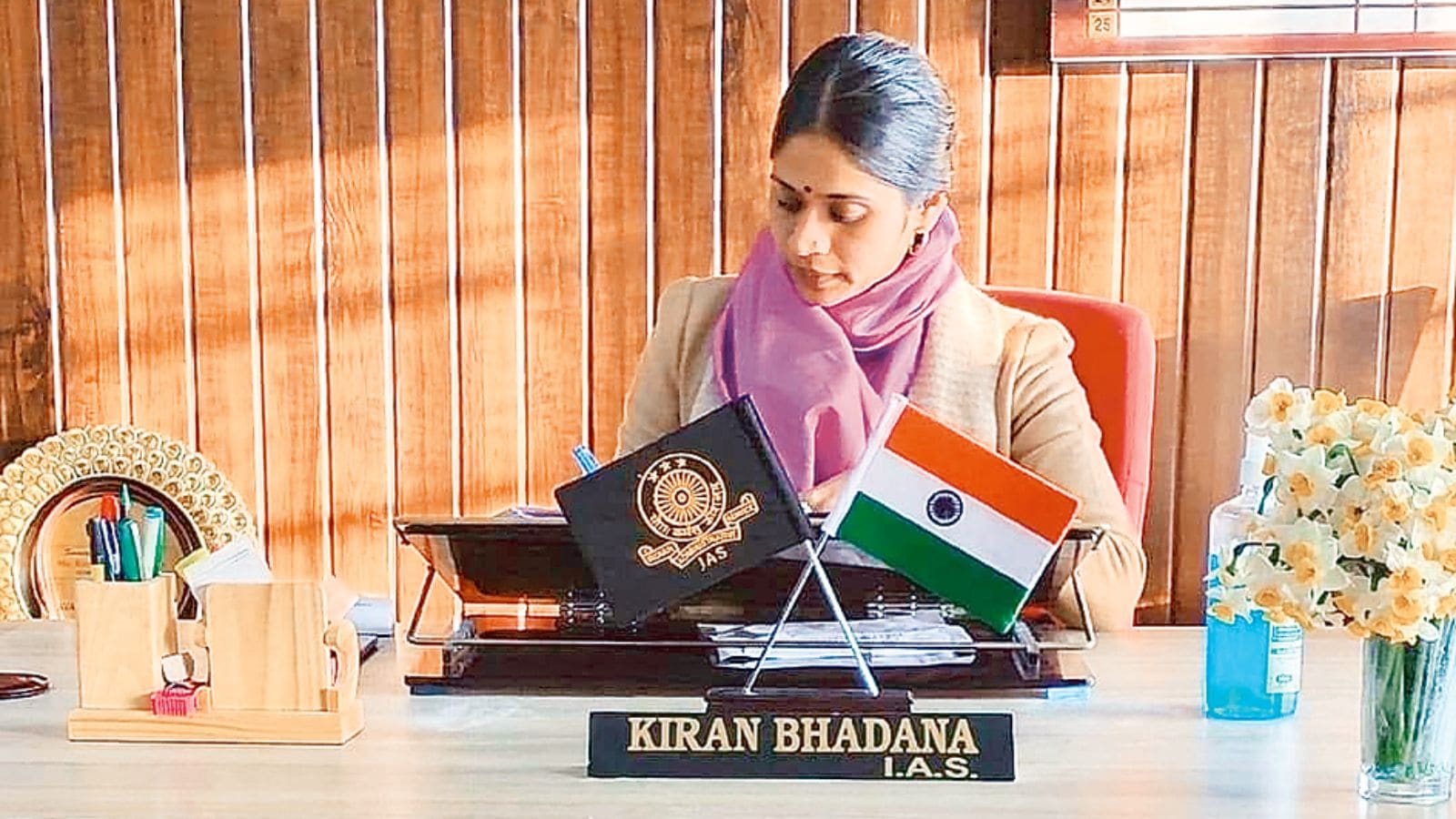Sam Louie kept Toronto’s venerable Grossman’s Tavern hopping with live music

In the mid-1970s, an enterprising Chinese immigrant attempted to buy a car wash on Toronto’s Spadina Avenue. After the deal fell through, he walked across the street one Saturday afternoon and heard music playing at Grossman’s Tavern. In 1975, he and a partner bought the place, lock, stock and 12-bar blues. Open this photo in gallery: When restauranteur Sam Louis bought Toronto's Grossman’s Tavern in 1975, he reached a handshake deal with Mr. Louie to keep the venue's live music programming − Dixieland jazz and dive-bar blues − the same. Five decades later, Grossman’s remains the very much the same place of dingy charisma it was when Mr. Louie acquired it.Courtesy of family He was Sam Louie, noodle maker, restaurateur and trading company proprietor. Grossman’s was a grungy but beloved saloon and music venue in the garment district, opened by the namesake family in 1948 as a cafeteria. Music was introduced in the 1950s, first with a couple of gypsy violins. In the 1960s and into the 70s, the place catered to painters and poets, sheltered draft dodgers and questionable characters, and was home to hippies past their prime. Clifford (Kid) Bastien, the Downchild Blues Band and other notable music acts began their careers at Grossman’s. When the “people’s poet” Milton Acorn was passed over for the Governor-General’s Award in 1970, friends presented him with money and a substitute medal there. Mr. Acorn went on to earn the GG in 1975, the same year the Grossman family sold the tavern to Mr. Louie and his business partner at the time, a Mr. Fong. Al Grossman, the face of the joint, reached a handshake deal with Mr. Louie to keep the live music programming − Dixieland jazz and dive-bar blues − the same. Mr. Louie kept his word, and then some. Five decades later, Grossman’s, the self-proclaimed home of the blues, is very much the same place of dingy charisma it was when Mr. Louie acquired it. Indeed, the traditional party-jazz band the Happy Pals still play every Saturday afternoon, just as they have for 55 years. Mr. Louie, an entrepreneur who always wore a tie and a smile, died March 12, at age 94. His family said he suffered health complications related to bouts of pneumonia after acquiring COVID-19. Although Mr. Louie kept a low profile, he was known to hit the dance floor with young women when the music was right. He and his family not only preserved the best of Grossman’s, but kept the best of the worst of it. It is a city institution of special atmosphere, unspoiled by time, egos and health inspectors. Its patina was acquired well before anti-smoking bylaws were enacted, the terrazzo floors are a curious shade of asylum green, and the rings on the tables have existed since beer was $1.40 a stubby. One would not be surprised if the brine in the jar of pickled eggs has outlasted two generations of Trudeau prime ministers. “Sam could have turfed the musicians out and made it into a more profitable business, but for reasons of their own, he and his family kept the tradition going and thankfully so,” said singer-guitarist and radio host Danny Marks. “Over the decades, successive generations of musicians came to depend on the place for their livelihoods and a centre of gravity.” Mr. Louie and his wife, Yok-Wah Louie, operated Grossman’s with a steady hand. While nearby music venues the Silver Dollar Room and the El Mocambo cultivated higher profiles and booked international acts, Mr. Louie and his family stuck to bargain-priced booze and no cover charges. The ongoing Sunday night jam is a tradition established in 1982. Open this photo in gallery: Sam Louie, right, and Al Grossman, who had been the long-time the face of Grossman's Tavern.Supplied “Sam knew the community, and he wasn’t going to turn Grossman’s into a cocktail bar and charge $16 for drinks,” said music industry publicist Eric Alper, grandson of Mr. Grossman. “So, everything is cheap. When you’re going to University of Toronto or hanging out in Kensington Market, you’re looking to save money.” Some of Mr. Louie’s legacy is tied to the nascent artists who found a stage at Grossman’s under his stewardship, including the Jeff Healey Band, Alannah Myles, Amanda Marshall and Mr. Marks. Over the years, Mr. Louie and his wife ceded more and more responsibilities to their progeny. “Sam was in charge, but he was not a domineering presence,” said David Goldberg, a Grossman’s regular back in the day. “But while he stayed in the background, he could be a tough guy. He came to this country with nothing, and he made it on the streets.” Hui Yen (Sam) Louie was born in China on Aug. 19, 1930. He immigrated to Canada in 1954. His wife and their first two children joined in 1965. Such was the low-key nature of Mr. Louie and his wife that some who dealt with them regularly did not even know the latter’s full name. “She was always just Mrs. Louie,” Downchild bassist Gary Kendall said. “After a gig, you went in the back into the kitchen, and she counted out the pay in a stack of twenties − there were never very many − and put a check on a piece of paper. You signed your name, took the cash, said ‘Thank you, Mrs. Louie,’ and out the kitchen you went.” Mr. Louie seemed content to monitor the parking lot on the property. He would sit in the Grossman’s kitchen, looking out the window for the cars to pull in. “He’d greet them and take their money,” Mr. Kendall said. “If it was somebody like me, he’d just wave and flash a smile.” While more ambitious downtown music venues came and went, Mr. Louie succeeded with the modest notion of owning a club for no other reason initially than to provide his family with jobs. “It was never managed by anybody; it just ran itself,” Amy Louie, one of six siblings, told The Globe and Mail in 2004. “Everybody has an opinion, and no one makes a decision. I think that’s part of why it works.” Amy Louie died of congenital heart disease in 2011, at age 45. A scholarship was established in her name to support local musicians one year later and continues to be awarded annually. Open this photo in gallery: Grossman's Tavern in Toronto, in 2017.Michelle Siu/For The Globe and Mail The irony of Mr. Louie’s accomplishment of keeping the venue alive and fostering musical community is that his entry onto the scene in 1975 was greeted with worry. At the time, the city’s Chinatown was encroaching onto a culturally diverse neighborhood. Grossman’s, sitting solidly on the corner of Spadina and Cecil Street since it was a Jewish food cafeteria (and later a German restaurant and then a Hungarian dining lounge), was thought by its barstool people to be in jeopardy. Gary LeDrew, who designed the popular Grossman’s peace-sign T-shirt in the 1960s worn by everybody from Bob Dylan on down, even wrote a lamenting song when Mr. Louie and Mr. Fong took over the building: “We may have a few years yet, before they tear it down/ And new feet trample away the memories, of our old stomping ground/ As Chinatown keeps growing with dollars from Hong Kong, goodbye, Mr. Grossman; Hello, Mr. Fong.” An itinerant musician named Boxcar Bruce performed Grossman’s Song, the only tune Mr. LeDrew ever wrote. Memories of Mr. Fong are foggy at this point. “He was an old, grey-haired gentleman in a suit who came in and said he bought the place,” Mr. LeDrew recalled. Though Mr. LeDrew eventually became good friends with Mr. Louie, at first he was sure Grossman’s was a goner. “I’m glad I was wrong,” he says now. Mr. Louie leaves his wife; children Christina Louie, Tonny Louie, Emma Louie, Rita Louie, Benson Louie; 10 grandchildren; and one great grandchild. You can find more obituaries from The Globe and Mail here. To submit a memory about someone we have recently profiled on the Obituaries page, e-mail us at obit@globeandmail.com.


















